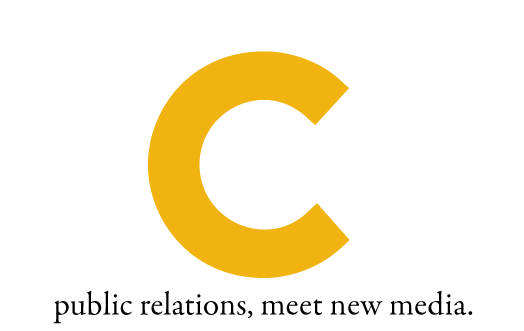People used to think of the internet as a vast jungle, a massive tangled network of tubes, a decentralized library of information with infinite shelves. We assumed this frontier could never be regulated.
But it turns out that the internet is quite manageable. The government in China has successfully blocked a huge swath of unapproved web sites for most of its users, as an extreme example. And people are more frequently being held accountable for what they write.
The latest is an FTC ruling that bloggers must disclose their relationship with advertisers or companies that have paid them to endorse products. There is a minor uproar in the blogosphere from writers who say the new rule would require them to disclose a review copy of a book as an advertiser relationship. But in fact, a lot of obscured endorsement goes on. I used to write for a prominent environmental blog that paid its writers to pen positive posts for advertisers, which would not be labeled as such and were mixed in with the impartial "reporting," things we chose to write on our own for which we were paid "competitive blogger compensation" -- $20 per post.
The F.T.C. said that beginning on Dec. 1, bloggers who review products must disclose any connection with advertisers, including, in most cases, the receipt of free products and whether or not they were paid in any way by advertisers, as occurs frequently. The new rules also take aim at celebrities, who will now need to disclose any ties to companies, should they promote products on a talk show or on Twitter. A second major change, which was not aimed specifically at bloggers or social media, was to eliminate the ability of advertisers to gush about results that differ from what is typical — for instance, from a weight loss supplement.
My take is, hey bloggers -- with power comes responsibility. Your increasing relevance means increased scrutiny. The internet is no longer lawless; accept it. Read the full NYT story here.
-Adrianne (@msfener)
